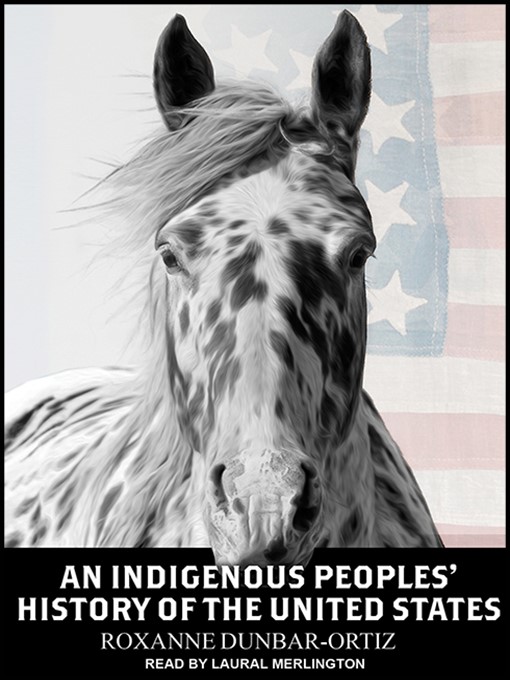
An Indigenous Peoples' History of the United States
فرمت کتاب
audiobook
تاریخ انتشار
2014
نویسنده
Laural Merlingtonناشر
Tantor Media, Inc.شابک
9781494577056
کتاب های مرتبط
- اطلاعات
- نقد و بررسی
- دیدگاه کاربران
نقد و بررسی

Imagine living in a country in which the government has repeatedly lied about its history and founding narrative, and where millions of children repeat these myths in both state-sponsored and private schools. According to this thought-provoking audiobook, you're already living in such a place if you're living in the United States. This history of the natives who once roamed this land will challenge, enlighten, and, perhaps, shock listeners. Narrator Laural Merlington approaches this book with a dispassionate voice that enunciates every word but fails to capture the essence of the author's intent. This audiobook needs a little more emotion, or a narrator with a more elastic presentation. Merlington's straightforward delivery accentuates the good history this book represents but falls short in providing what is clearly meant to be an engaging experience. R.I.G. © AudioFile 2015, Portland, Maine

June 2, 2014
American Indian activist and scholar Dunbar-Ortiz (The Great Sioux Nation) launches a full-bore attack on what she perceives as the glaring gaps in U.S. history about the continent’s native peoples. Professional historians have increasingly been teaching much of what Dunbar-Ortiz writes about, yet given what she argues is the vast ignorance of the Indigenous experience, there still remains a knowledge deficit that needs to be rectified. She describes the U.S. as “a colonialist settler state, one that, like the colonialist European states, crushed and subjugated the original civilizations in the territories it now rules.” The conventional national narrative, she writes, is a myth that’s “wrong or deficient, not in its facts, dates, or details but rather in its essence.” What is fresh about the book is its comprehensiveness. Dunbar-Ortiz brings together every indictment of white Americans that has been cast upon them over time, and she does so by raising intelligent new questions about many of the current trends of academia, such as multiculturalism. Dunbar-Ortiz’s material succeeds, but will be eye-opening to those who have not previously encountered such a perspective.

























دیدگاه کاربران